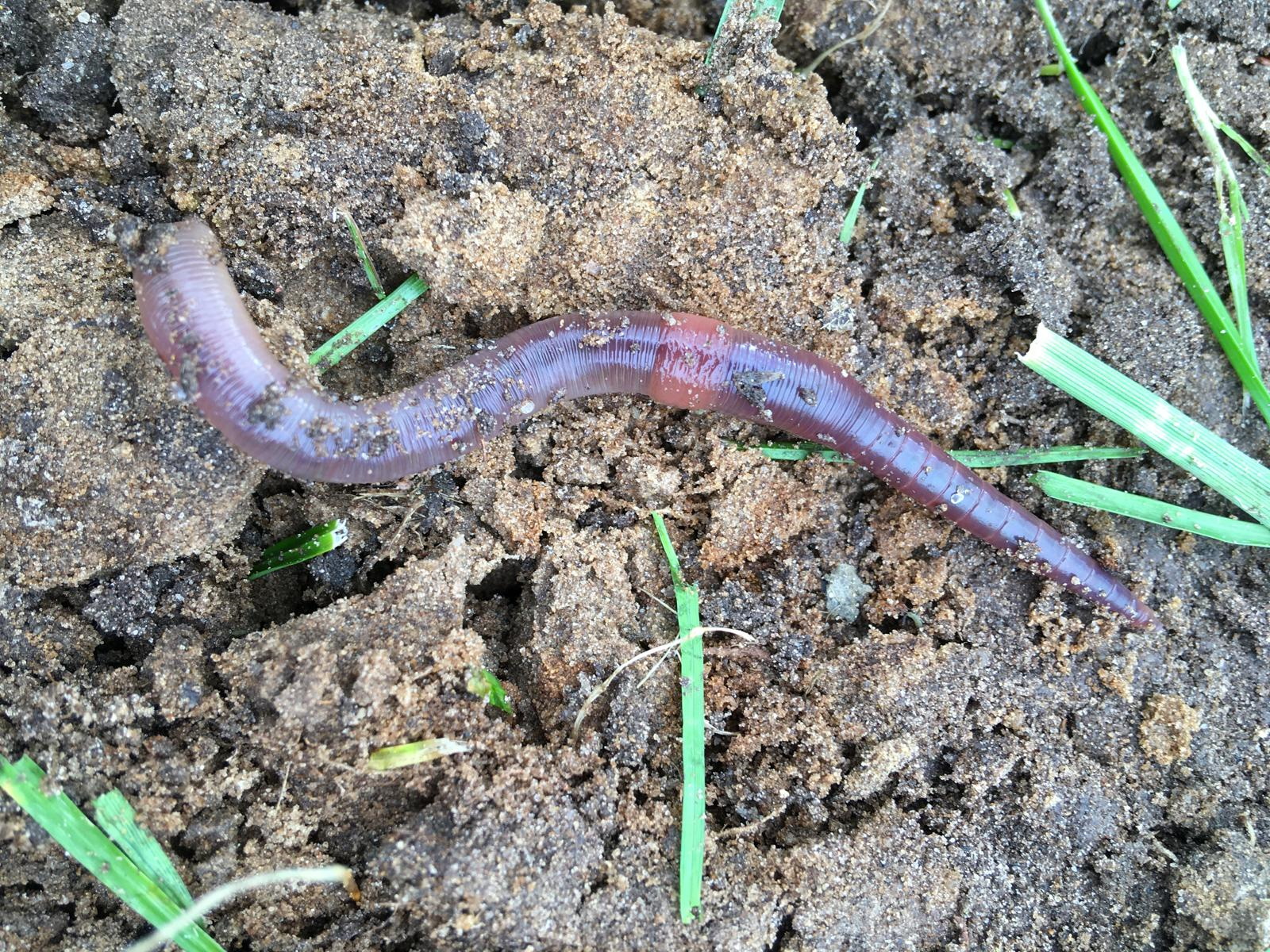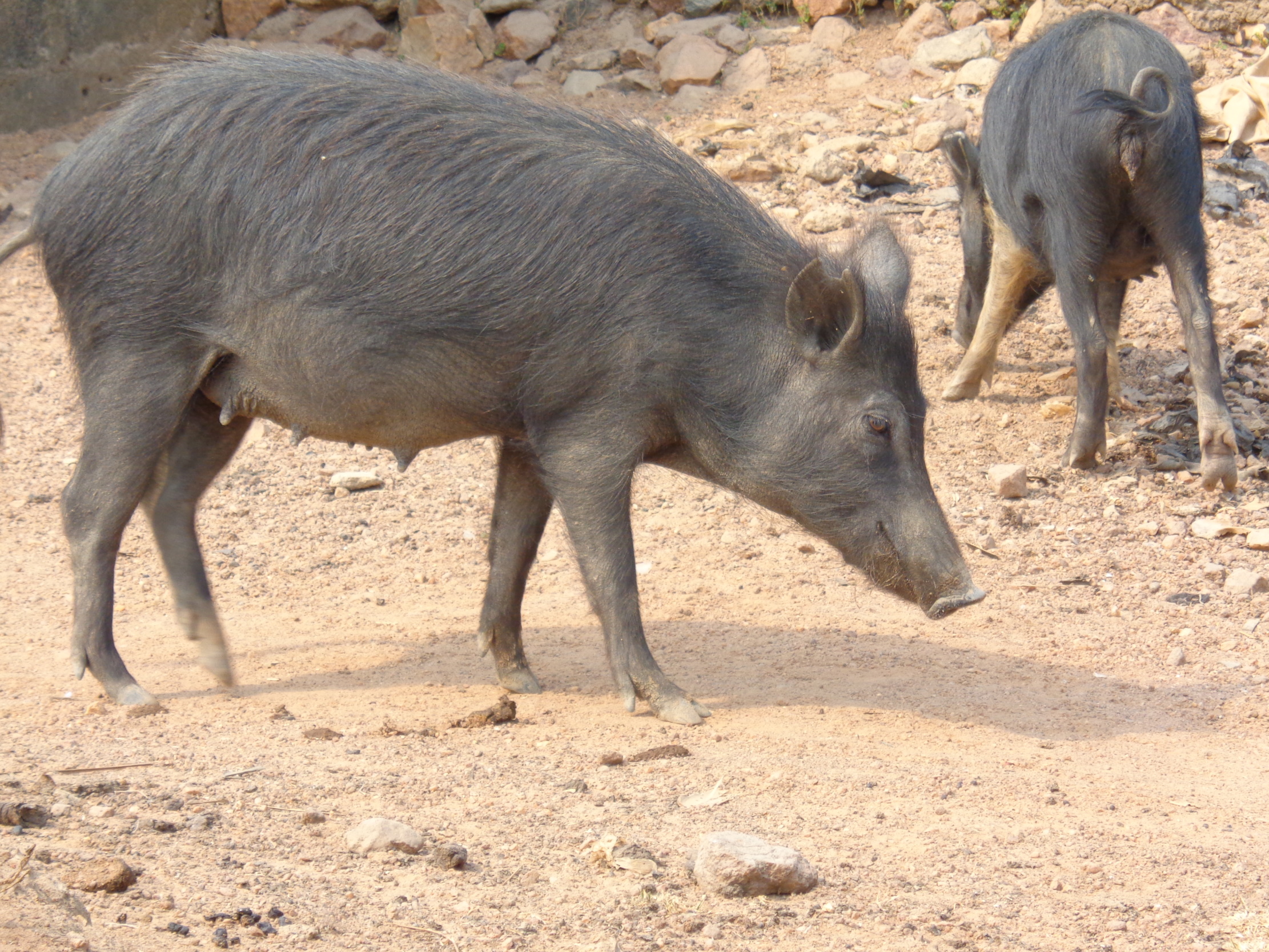Improving Human Health and Wellbeing Will Protect Primate Populations – Dr Alejandro Estrada, Dr Paul Garber, and Dr Abhishek Chaudhary
Original Article Reference
This SciPod is a summary of the paper ‘Current and future trends in socio-economic, demographic and governance factors affecting global primate conservation’ from PeerJ. https://doi.org/10.7717/peerj.9816
Share Episode
About this episode
As the human population continues to grow, increasing global market demands, land conversion and the unsustainable use of natural resources are having a negative impact on non-human primate survivorship. Dr Alejandro Estrada from the National Autonomous University of Mexico, Dr Paul Garber of the University of Illinois, and Dr Abhishek Chaudhary from the Indian Institute of Technology, examine the socio-economic factors that negatively impact primate populations. For conservation policies to be effective, the team explains that the wellbeing, health and security of people living in primate regions must first be improved.
This work is licensed under a Creative Commons Attribution 4.0 International License. 
What does this mean?
Share: You can copy and redistribute the material in any medium or format
Adapt: You can change, and build upon the material for any purpose, even commercially.
Credit: You must give appropriate credit, provide a link to the license, and indicate if changes were made.
Related episodes
Prof. Ariel Pakes | Should I Stay or Should I Go? The Hidden Forces Behind Your Health Plan Loyalty
If you ask someone in the United States whether to reconsider their health insurance plan choices, they may sigh, roll their eyes, and offer a story about navigating a maze of deductibles, networks, and confusing brochures. In practice, most people end up doing the simplest thing possible: they stay in the same plan they are already in. Economists have long noticed this pattern. Even when plans raise their prices or competitors offer better deals, people tend to remain where they are. This raises a fascinating question: do people stay because switching is difficult, or because they genuinely prefer the plan they already have? A new study by the economist Prof. Ariel Pakes of Harvard University, and colleagues Prof. Mark Shepard and Prof. Jack Porter, digs into this puzzle and uncovers some surprising answers. Although the study uses sophisticated mathematical tools, the insights are straightforward and important for anyone interested in how health insurance markets work.
Roos van de Logt | Hidden Engineers: How Earthworms Could Help Us Weather a Changing Climate
If you were to observe a quiet Dutch pasture, you might not guess that one of the most important climate-resilience workers in the landscape is silently engineering the soil beneath the grass. However, just below your feet, an unassuming creature plays a role in buffering floods, preserving crops during droughts, and quietly maintaining the natural plumbing system of the land. This creature is the humble deep-burrowing earthworm, Lumbricus terrestris (or L. terrestris for short). In recent years, researcher Roos van de Logt of the Louis Bolk Institute, and colleagues, have been uncovering the surprisingly complex story of this earthworm. Their findings suggest that supporting, and in some cases reintroducing, L. terrestris could be a powerful, nature-based tool for helping European grasslands adapt to intensifying climate extremes.
Dr Suzanne Coyle | Weaving Spirituality into Psychotherapy: How Stories Help Healing
As the practice of psychotherapy increasingly embraces the spiritual dimensions of the human experience, therapists are investigating new ways to weave faith and meaning into healing. Dr Suzanne Coyle, a licensed pastoral counsellor and family therapist, explores the role of spirituality in psychotherapy and how this intersection can support the journey of healing. Her work provides practitioners with the tools and knowledge to meaningfully integrate spirituality into clinical practice.
Associate Professor Adeniyi Charles Adeola | History Written in Base-Pairs: The Hidden Stories in African Pig Genomes
Africa is often described as a continent of extremes. Vast deserts give way to lush rainforests; humid coastlines sit beside high, cool plateaus; ancient savannas stretch for thousands of kilometers. Life in Africa has always existed at the edge of change, shaped by heat and drought, abundance and scarcity. Survival here has never been guaranteed, it has had to be earned, generation by generation, through adaptation. Nowhere is this long story of adjustment and resilience written more clearly than in DNA.
Increase the impact of your research
• Good science communication helps people make informed decisions and motivates them to take appropriate and affirmative action.
• Good science communication encourages everyday people to be scientifically literate so that they can analyse the integrity and legitimacy of information.
• Good science communication encourages people into STEM-related fields of study and employment.
• Good public science communication fosters a community around research that includes both members of the public, policymakers and scientists.
• In a recent survey, 75% of people suggested they would prefer to listen to an interesting story than read it.

Step 1 Upload your science paper
Step 2 SciPod script written
Step 3 Voice audio recorded
Step 4 SciPod published




